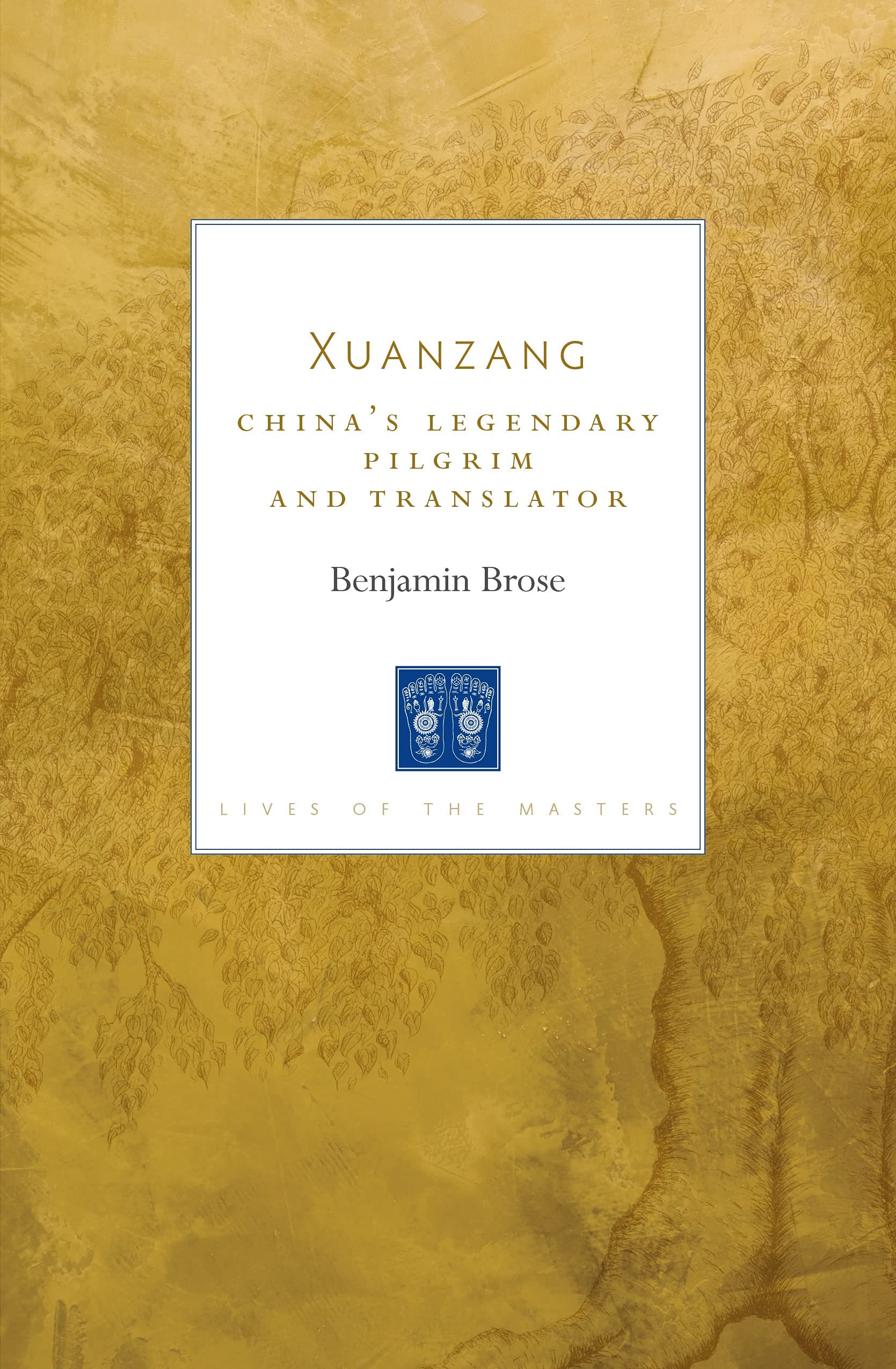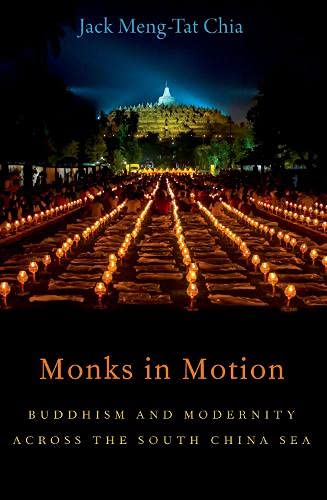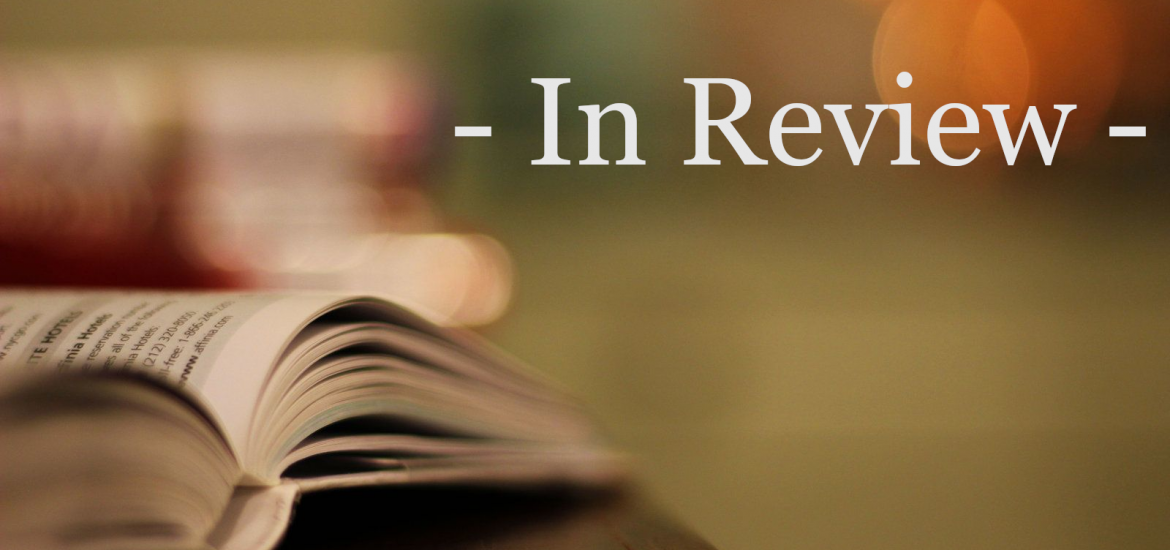These are a couple of the books I’ve been reading, that I recommend, and which I’m reviewing or have recently reviewed.
Xuanzang: China’s Legendary Pilgrim and Translator (2021)

Benjamin Brose’s new volume returns to a beloved and influential personality of Chinese Buddhism, who deserves a prominent place in Shambhala Publications’ new series, “Lives of the Masters.” This personage is none other than Xuanzang, which returns to familiar material about the pilgrim-monk-translator but with important new updates.
Key to understanding Xuanzang’s thinking and translation priorities during this time are the shadows of two overbearing monarchs, both of whom breathed down his neck throughout his ecclesiastic career. The dynamic between Xuanzang and Taizong (emperor regnant when Xuanzang left China) and Gaozong (Taizong’s son) almost resembles that of an office sitcom, with the two bosses taking an excessive interest in their valuable employee’s movements, tracking his every move, and making constant demands of him. As for Xuanzang, he could be a Tang-era protagonist: outwardly at the pinnacle of his career at Hongfu Temple, which was in close proximity to the imperial court, but yearning for the solitude and spiritual purity of Shaolin Temple in the mountains.
This book is not just about Xuanzang’s most famous feat, his trip to India and back. This is about the man, his life, and his legacy.
Monks in Motion: Buddhism and Modernity Across the South China Sea (2020)

There is one critical component that distinguishes the littoral conception of Buddhist diffusion from the more familiar, overland paradigm of the Silk Road. In the Chinese Buddhist experience, the importance of sea routes endured long past the lifespan of the overland Silk Road, which was more or less closed by the Ming dynasty (1368–1644). In contrast, the maritime Silk Routes were critical in shaping the religious, social, and cultural landscapes of today’s Southeast Asia. Events there reverberated back to China, in turn influencing Buddhist developments on the Chinese mainland.
Prof. Jack Chia’s first book, Monks in Motion: Buddhism and Modernity Across the South China Sea (2020), is among the most recent monographs to contribute to this rebalancing of academic coverage. Prof. Chia’s book demonstrates that the circulation of Buddhism along the nodes of the South China Sea shaped different modes of “Buddhist modernity” in post-colonial Southeast Asia. This lends the story of maritime Buddhism a contemporary relevance that is simply not available to the overland Silk Road circuit. This is one of the only Buddhism-themed books to have won the EuroSEAS Humanities Book Prize 2021, an award given to the best academic study on Southeast Asia published in the humanities. Thanks to studies like this one, an increasingly comprehensive history of Southeast Asian Buddhism has never been more accessible.


